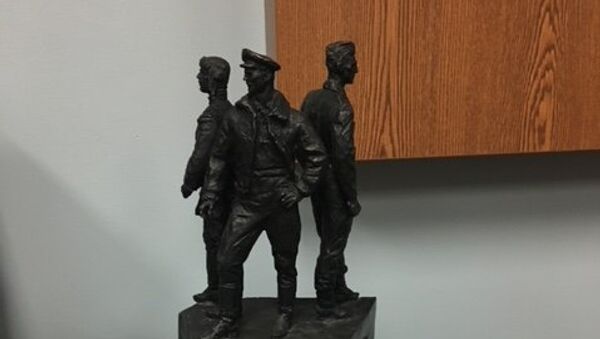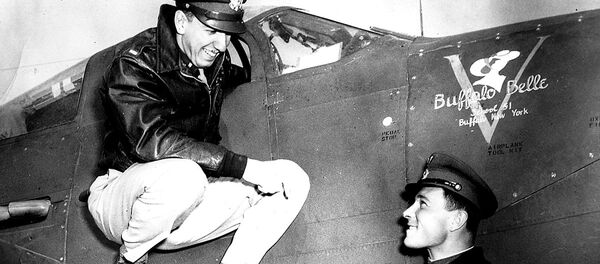"The city council did not approve the memorandum of understanding, which outlines each respective party’s responsibilities. The project is at a standstill until I receive further direction from my city council," Olson said. "There could be a chance that the Elizabeth City council may reconsider its vote in the near future."
Earlier on Thursday, the Charlotte Observer reported the Elizabeth City council voted 5-3 against a memorandum of understanding with the Russian Defense Ministry that would have permitted erecting the monument.
Olson said he is hopeful that either revisions can be made to the memorandum of understanding, which would make it acceptable to the city council, or the monument can be located at another mutually agreed upon location."
"The City will continue to move forward with the improvements that were previously approved for Coast Guard Park. Those improvement will not affect the area were the monument could be located. Mayor Parker will be drafting a letter explaining the issue to our Russian counterparts," Olson said.
Olson told the media the city council vote means the project would be killed or derailed, adding that he was in discussions with the city attorney on the next steps.
The monument represents a Russia-made bronze statue of the Catalina aircraft that was used during the Lend Lease program with three individuals on it — representatives of the Soviet Union, Canada and the United States.
The Alaska-Siberia Air Route was used as part of the Lend-Lease program to deliver US warplanes to the Soviet Union in the 1942-1945 period. It consisted of roads and airports that began in Montana and ran some 6,000 miles through Canada onto Alaska, where Soviet pilots tested the aircraft before flying them into Siberia to be sent westward for use against German forces.
More than 8,000 US warplanes were sent to the Soviet Union to aid the country in its fight against Nazi Germany.



